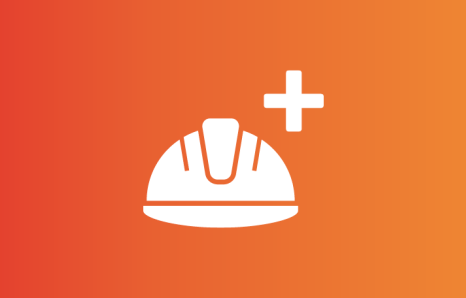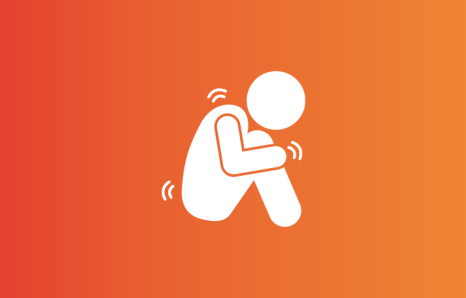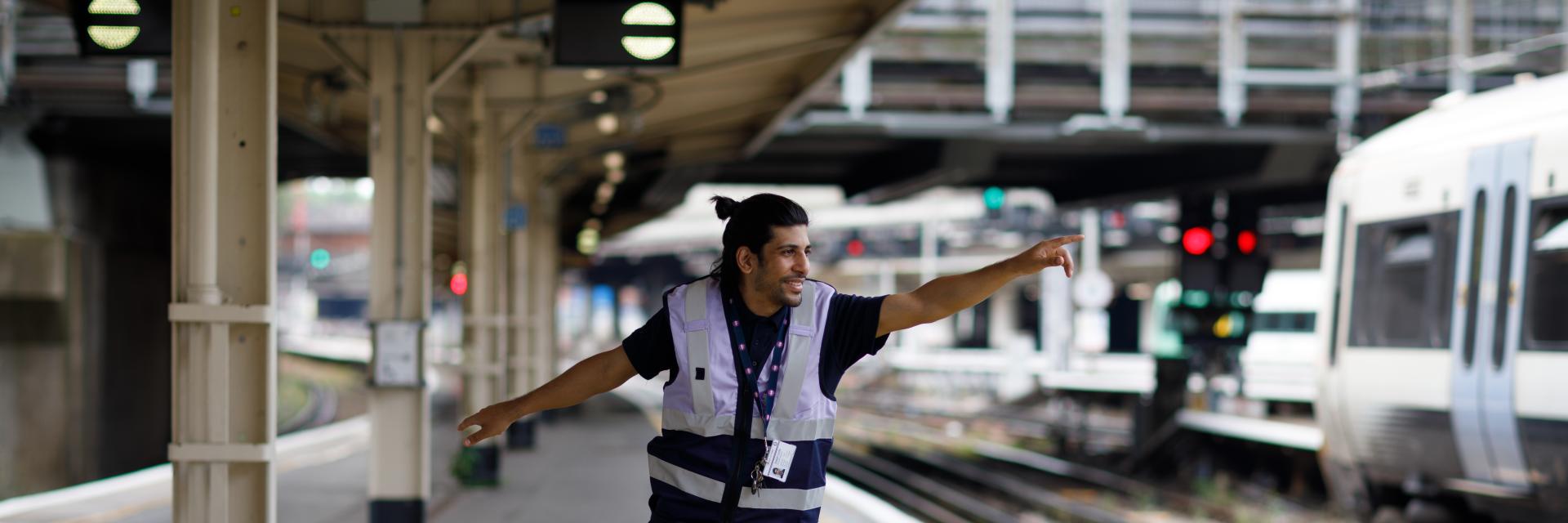Technological innovation in the automation of vehicles is progressing faster than standards or regulatory bodies can keep up with. The overall market share for automated vehicles is expected to increase to approximately 40% of vehicle travel by 2040. However, automated driving is fundamentally different to manual driving. The driver must be prepared to take over control of the vehicle whenever necessary. This shifts the driver’s role from being actively engaged in the driving task to that of a passive supervisor of the system. Studies on cognitive workload and performance show how humans who are overburdened tend to hurry their performance; commit more errors and become frustrated and fatigued. However, humans who are underworked can exhibit many of the same symptoms. This presentation discusses the implications of automated driving on human performance and considers possible countermeasures.
You may also be interested in:

Measuring health and wellbeing performance
How can we capture all incidents of poor health and wellbeing? What factors affect our confidence in the data? How can we use the data to inform health interventions? If you’re involved in measuring health and wellbeing performance, this session answers questions you may have.

Tips for staying alert and energised during your shift
Deborah Edmonds and Rupert Lown will explore how we can all contribute to improving our alertness when we are working on shifts. Shift working can be a bind, but a bit of thinking and with some small adjustments we can make ourselves more alert – and you won’t need cans of energy drink or treble expressos! Our lives are hectic, we often have young families, caring for parents, grappling to sleep in very hot weather. All of these are things we have to live with, but there are tips and tricks to help us and we will explore these with you.

Strategies for coping with trauma
Working in the rail industry can expose people to potentially traumatic events. As a manager, you want to be equipped with the tools to protect and support your team. The team and organisation around a person can play a big role in a person's recovery after an event. This session gives practical steps managers can take before, during and after an event to reduce the risk to mental health. Managers will also learn how they can protect themselves from burnout and vicarious trauma when supporting trauma-exposed colleagues.
